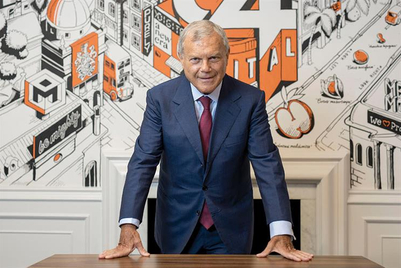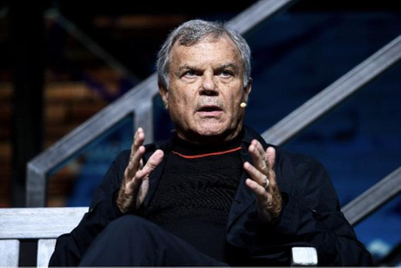
There’s evidently been a shake-up in the top management. What, according to you, could be the probable reasons for the two major exits (regional executive creative director Sandeep Pathak and regional chief executive Sonal Dabral)?
Sandeep has done some really good work in advertising in Mumbai, perhaps he felt differently about realising Bates’ vision of ‘changengage’. At the end he decided he didn’t quite have the heart and energy to pursue this vision and so he decided to move somewhere else. That’s a good thing for the agency. There was a bit of ambivalence in the roles for Bates group in India, with the leadership between Sandeep and Sonal. The ambivalence with Sonal was that he had a regional creative director’s role and then he had the India mandate as well. Sonal has been looking for a big challenge, maybe he’s gone soft on this particular challenge, and has therefore moved on, but it’s ultimately (in the long term) good for us as well. With those uncertainties, 2011 was something of a wasted year. There’s so much talent in the office that wants to be certain, wants some clarifications on what they are trying to achieve together. At this point, some degree of clarification will be no bad thing for us.
What would be the immediate plan to set the course right?
We just have to manage people’s confidence. I can already see a greater sense of purpose and energy within people than in the past, where people didn’t know what to do and where to go. It’s actually a win-win in that sense. We did make profits in the last year, only about half as much as we wanted to, but we did. It is not too bad under the circumstances where I actually call it as a wasted year. It came from a lot of places, where it didn’t come from was Mumbai and Delhi advertising, and that’s the challenge ahead of us.
Basically we are big enough to care for our clients because we have got enough resources, and we are small enough to dare to be different and entrepreneurial. That’s the flair that we need to get back into Bates in India. I believe that we’ve got the scale, the ambition and the vision and the kind of specialist resources that would come together as a team. It is very attractive for anyone to come and lead that so as to achieve its mission, and then it doesn’t have people from London or New York breathing down your neck all the time.
How are you planning to fill in the leadership gap in India? Are you going to be more closely associated with Bates India operations now?
Sandeep is really essential to find a replacement for. We are looking at candidates. We are open at hiring people from within WPP and without. In fact, I’ve just got an e-mail from Sir Martin Sorrell on this which reads: “This is an opportunity to get some really good people.” The idea is very clear that there should be a CEO of India operations that should bring together the purpose [and] the resources. As far as I am concerned, I am the regional head for both Ogilvy and Bates. For the last three years, I have been working on taking over the mantle from Miles Young and preparing the way for my successor at Ogilvy. That’s going to happen in the coming time, but I am going to concentrate on Bates. In fact, I started my career with Bates; it has a special place in my heart. 29 to 30 per cent of Bates Asia-Pacific’s revenue comes from India; it’s a good place to be, in terms of concentrating on markets that matter.
How would you convince clients that all is 'hunky-dory'?
I think they’ve convinced themselves quite quickly actually. Somebody who really wants to leave will take this as an excuse, but people don’t want to move if they certainly see things getting better. We automatically assume that change is for the worse, but it is so often that you change for the better very quickly. Neil French and I joined The Ball Partnership together in 1986, and it was on the eve of Chinese New year that all but one of our client servicing people left us. I asked him, 'What’s to become of us!' What eventually became of us was that we became the most famous and most awarded agency because actually those who left didn’t have the heart, they didn’t have the right stuff to make it to the finish anyway.


.jpg&h=334&w=500&q=100&v=20250320&c=1)

.jpg&h=334&w=500&q=100&v=20250320&c=1)

.jpg&h=334&w=500&q=100&v=20250320&c=1)



.png&h=334&w=500&q=100&v=20250320&c=1)







.png&h=268&w=401&q=100&v=20250320&c=1)
